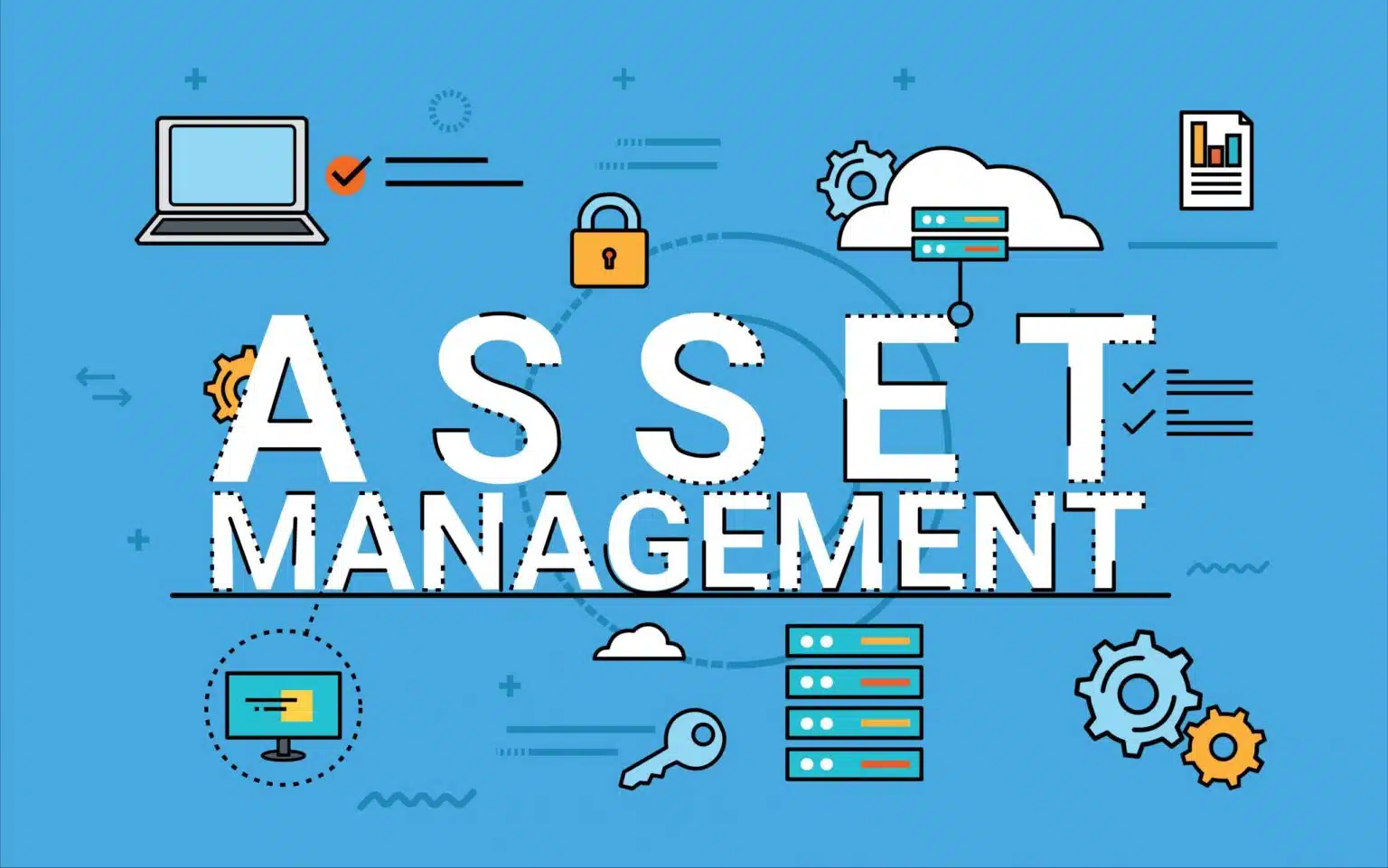Financial literacy and asset management are two key ideas that are linked. On behalf of people or organisations, asset management refers to the professional management of assets including stocks, bonds, real estate, and other investments. Contrarily, financial literacy refers to the information and abilities necessary to manage one’s own money effectively, including budgeting, saving, investing, and managing debt. This essay will examine the crucial connection between financial literacy and asset management.
Table of Contents
The Significance of Financial Education
In order to effectively handle one’s finances, one must acquire financial literacy. Finance management for individuals as well as investment management both derive from financial literacy. A person who is financially literate knows how to make and follow a budget, handle debt, and save for retirement. They are also better able to make financially responsible judgements because they are more aware of the advantages and disadvantages of various investing options. For instance, a person with financial literacy may be aware that stock market investing is a long-term strategy that entails some level of risk but also has the potential to produce better returns than other sorts of investments.

Asset Management’s Contribution in Developing Financial Literacy
The professional administration of assets on behalf of people or organisations is known as asset management. Asset managers put their knowledge to work by making investments that optimise returns while lowering risks. Asset managers are essential to managing assets and assisting clients in reaching their financial objectives. Asset managers have access to specific information and resources that help them manage risks and make wise investment decisions. The best approach for many people to ensure that their investments are being handled efficiently is to hire an asset manager, especially if they lack the time or knowledge to manage their assets on their own.
Asset managers have a major impact on their clients’ financial literacy. Asset managers can assist clients in making informed financial decisions by educating them about investing methods, risk management, and other financial ideas. In addition to supplying individualised counsel and recommendations based on the client’s financial goals and risk tolerance, this may entail providing educational tools and resources.
Diversification in Asset Management: Its Significance
Effective asset management requires diversification as a key element. To minimise risks and increase returns, diversification entails distributing assets across a variety of asset classes and industries. Stocks, bonds, real estate, and alternative assets like commodities or cryptocurrency may all be included in a well-diversified portfolio. Clients can lessen the risks associated with certain assets or industries by diversifying their investments, which also increases the possibility that they will meet their long-term financial objectives.
Asset managers can be a key resource for customers looking to diversify their holdings. Asset managers may build well-diversified portfolios that are in line with their clients’ financial objectives and risk tolerance thanks to their access to specialist tools and knowledge.
Asset managers can assist clients in lowering their exposure to risks associated with certain assets or industries by helping them build diverse portfolios, which increases the possibility that they will meet their long-term financial objectives.
Risk Management’s Importance in Asset Management
Asset managers are essential in managing the risks connected to investments. Asset managers assess the risks related to certain assets or industries using specialist knowledge and techniques, then decide how to successfully manage these risks. For the long term protection of clients’ investments, effective risk management is crucial.
By building well-diversified portfolios that distribute investments across a variety of asset classes and sectors, asset managers can assist clients in managing the risks associated with investing. Asset managers can assess the risks related to certain assets or industries and decide how to successfully manage them using specialist tools and knowledge.
In conclusion, anyone who wishes to manage their finances efficiently must understand the crucial connection between asset management and financial literacy.













